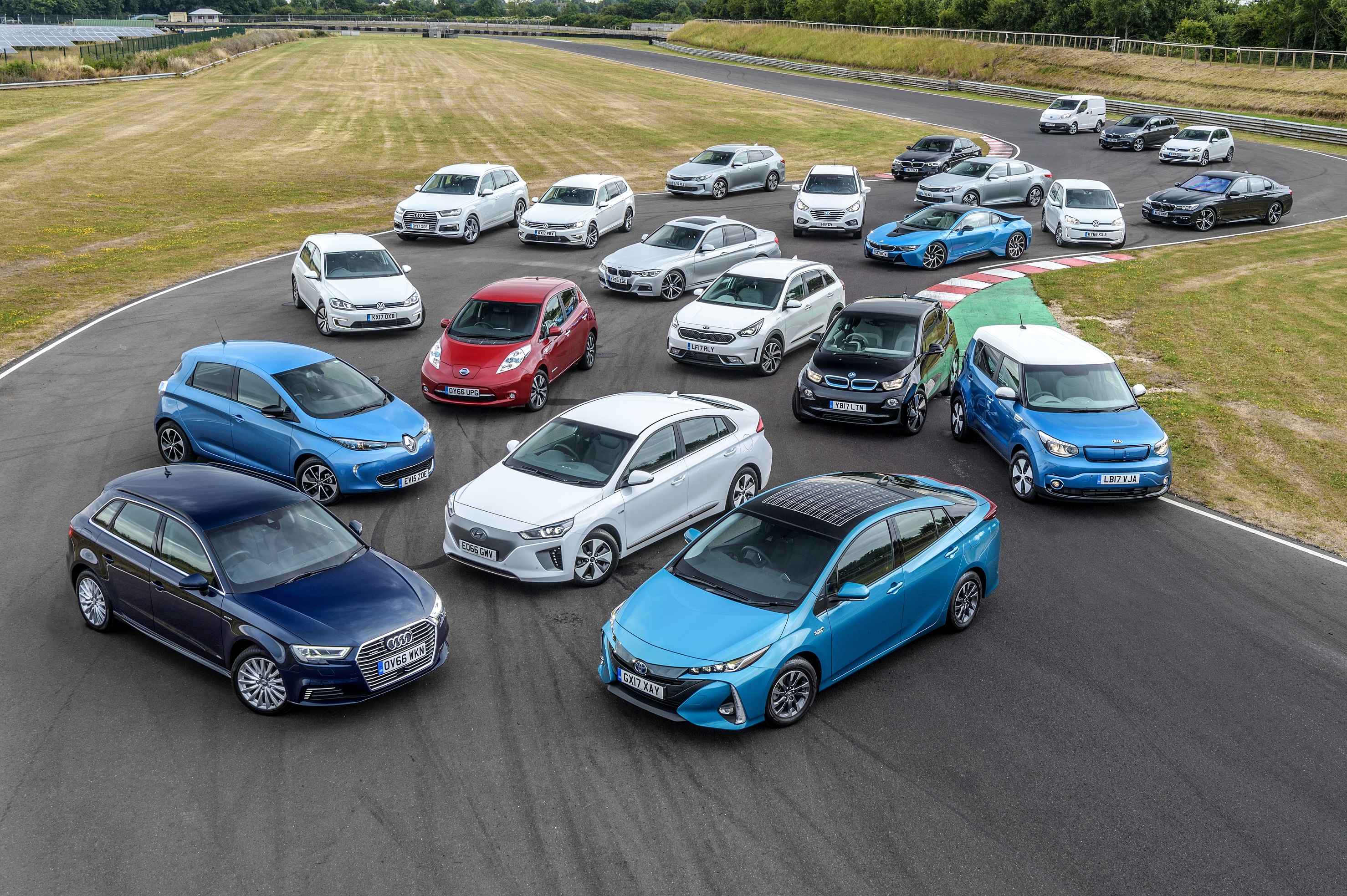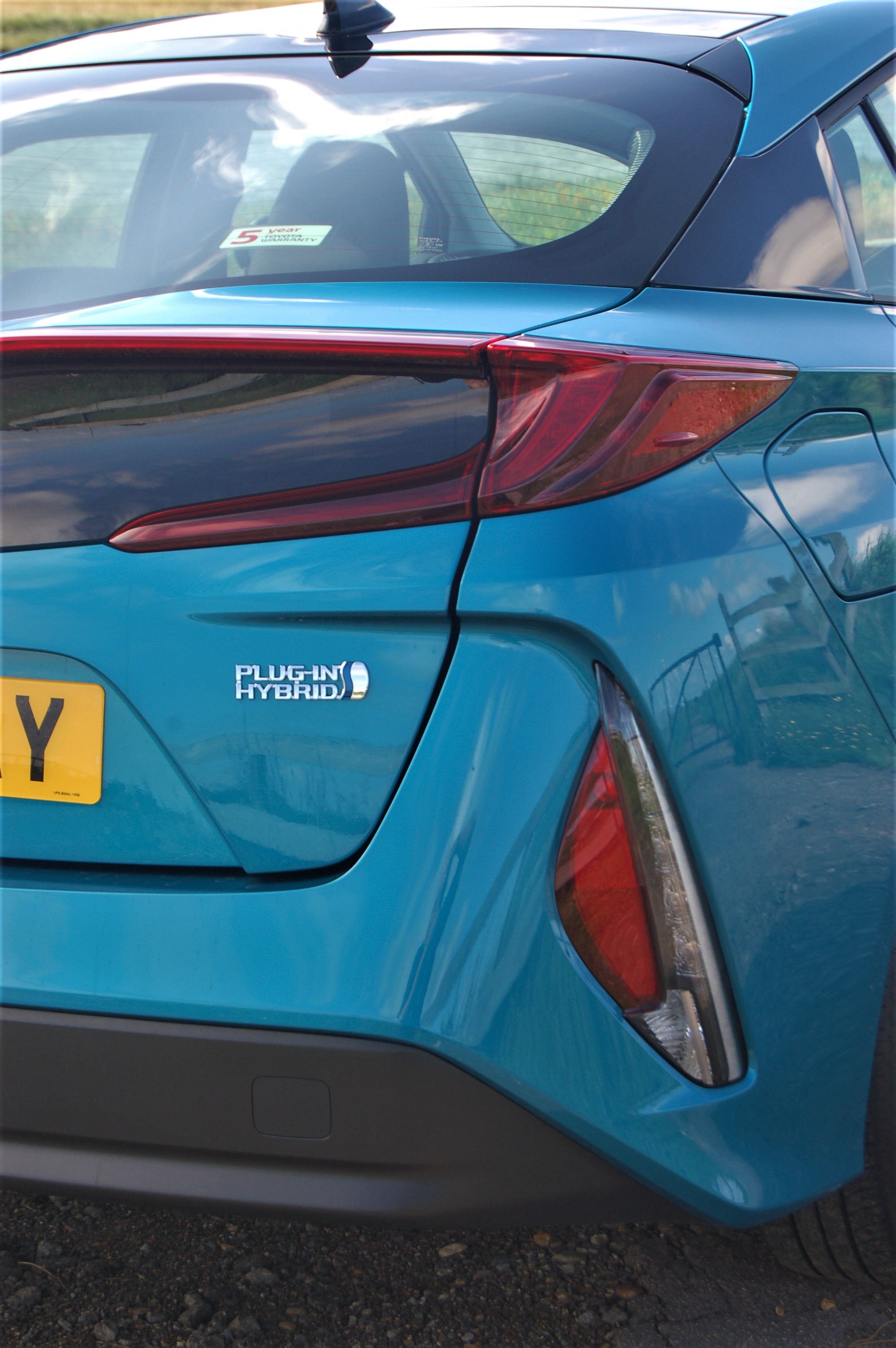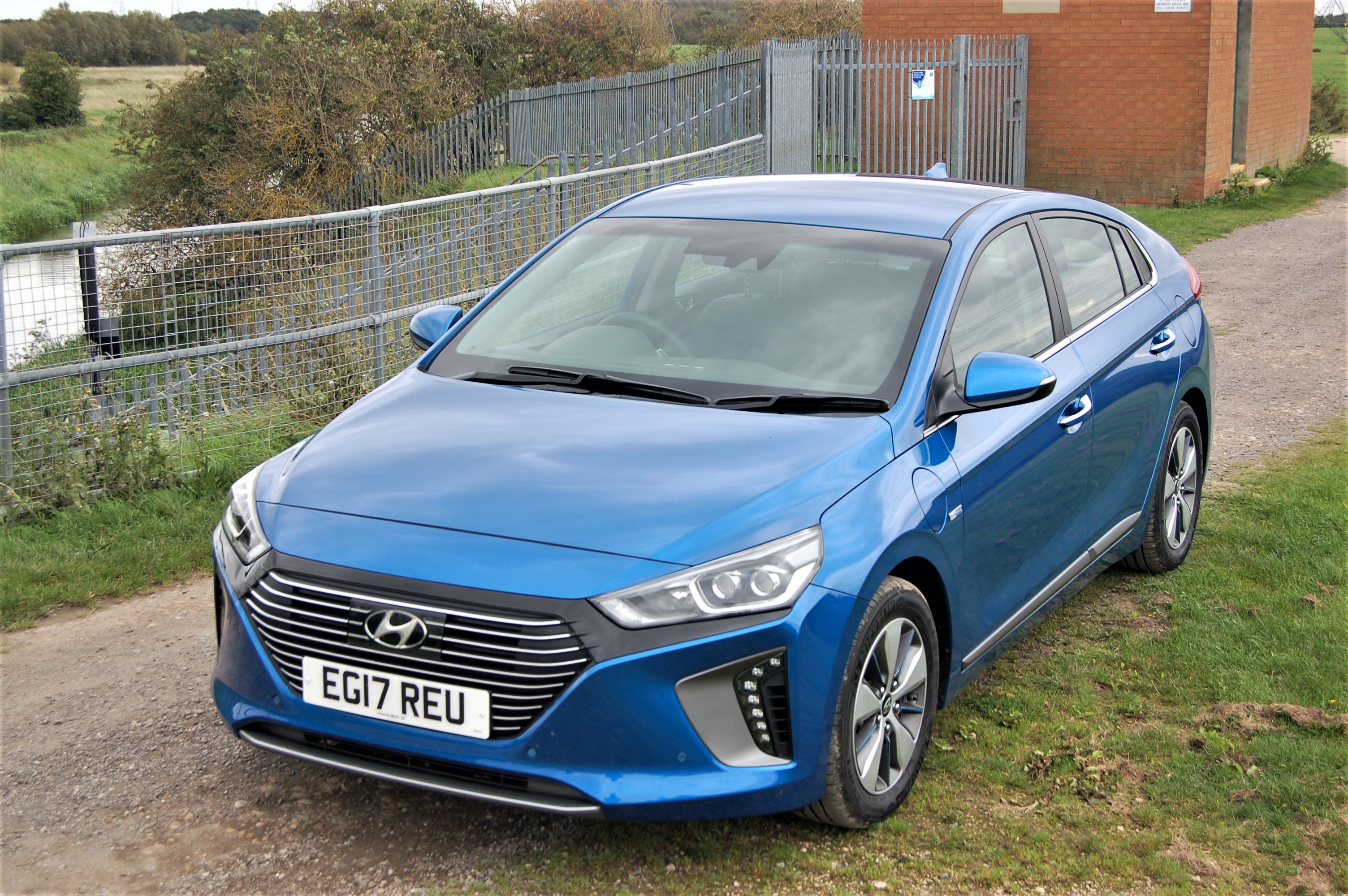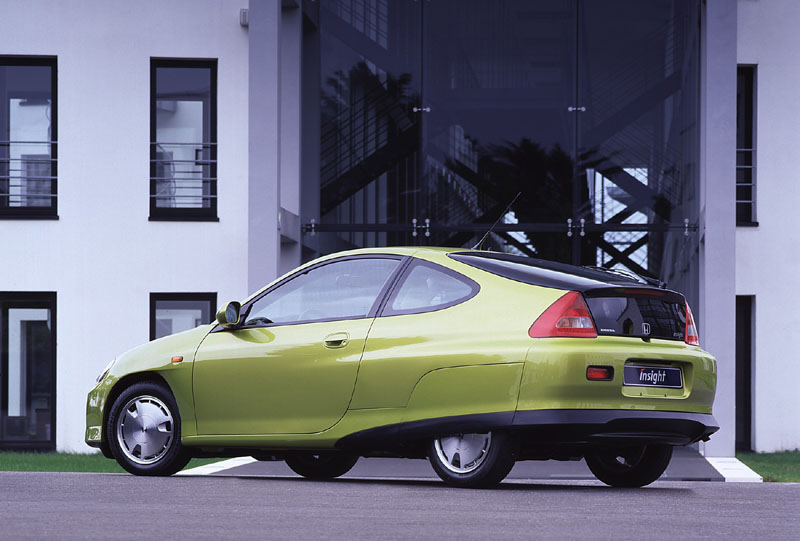Reducing recently the purchase incentives for zero emission cars by a third and completely removing the grant for plug-in hybrids appears to be at odds with our government’s stated ambition to be the ‘world leader in the take-up of Ultra Low Emission Vehicles’ as announced in its ‘Road to Zero’ strategy. It cannot be denied that, in transport terms, it also sends even more confusing signals to consumers and will hinder government’s and industry’s intentions to meet their CO2 reduction targets.

While the timing of the announcement, which is giving manufacturers and consumers a maximum of one month’s notice, with a cap on volumes, will result in greater market distortion, it has already been impacted by previous conflicting government policies. Even greater pressure is now placed on the industry. As it happens, carmakers have already invested billions to bring a full range of new technologies to market, to give choice to consumers with different driving needs and budgets. Thanks to the plug-in car grant, as it was, zero emission-capable plug-in hybrids have become increasingly popular but, at less than 2.0% uptake, it is still a very small market.
Putting this into further context, while the grant has helped incentivise 160,000 registrations of plug-in hybrids over the past seven years, it represents less than half a percent of the 34.7m cars currently on our roads. To grow zero and ULEV uptakes to the levels needed to make a meaningful impact on CO2 and air quality, consumers’ concerns over affordability and convenience need to be addressed.

In other European markets, removing upfront purchase grants prematurely can have a devastating impact on demand. In Denmark, for example, sales of pure electric cars plummeted by nearly 73.0% in the year after its government announced that the EV tax incentive would end; the market has still not recovered.
There are also long-term implications for consumer choice. The grant has helped the UK to become one of the EU’s biggest markets for electrified vehicles, with manufacturers looking favourably at the UK, when making difficult product allocation decisions for these new technologies, which are often, at first, sold at a loss. Removing the incentives not only impacts demand, it can also impact supply, as companies reallocate products to more supportive markets, which will mean a reduction in model choice for UK consumers.

On the obverse side of the equation, our government was supposed to take the lead and set an example to UK consumers. With more than 50% of the ‘clean and green’ uptake being at national and local government levels, it could be said to have tried. Personally, I can recall when Honda first launched its 1.0-litre Insight coupe hybrid model to the UK market (2001), its list price was £17,000…however, the actual cost to make each example was around £34,000. Toyota believes that it broke even on its Prius hybrid around six years ago (it was launched at the same time as Insight). Therefore, it can be stated that the carmakers are ‘doing their bit’.

Yet, it could always be argued, why should this small tranche of consumers (c. 80,000 EVs and hybrids) be given cash incentives of up to £5,000 at all? Surely, if they want to fly an eco-flag, they should pay the full price. The notional £400m gifted to ‘eco-warriors’ could be better spent somewhere else. When you consider that the latest Plug-in Hybrid (PHEV) version of the Mitsubishi Outlander will increase by £2,500, as a result of the government’s action, that it still costs less than £40,000 is unlikely to make much difference to buyers/acquirers of that product. Besides, they will still gain from the fuel economy and lower road tax rates.

Yet, our government and industry share the same ambition, apparently; to be one of the world’s leading markets for zero and low emission vehicles, with a highly ambitious, competitive and successful industrial base. To deliver this goal requires clear and consistent policy, anchored in an ‘Industrial Strategy’ that creates the conditions for growth; a position that is contradicted actively by this latest decision.

Mike Hawes, SMMT Chief Executive, said, “We understand the pressure on the public purse but, given the importance of environmental goals, it is astounding that, just three months after publishing its ambitious vision for a zero emissions future, government has slashed the very incentive that offers our best chance of getting there. Industry is working hard to address the challenges of CO2 and air quality but, while it can produce the technology, it cannot determine the pace of uptake. We have said consistently that, if the UK is to be fit for an electrified future, we need a world-class package of incentives and infrastructure. Government needs to rethink its policy, or else its ambitions will never be realised.”